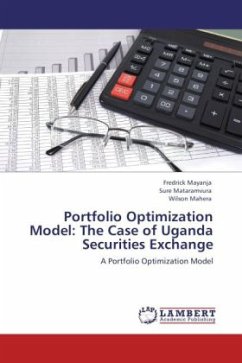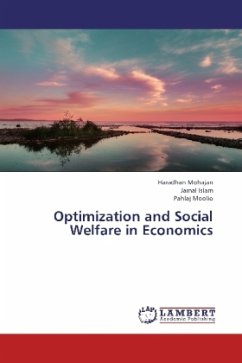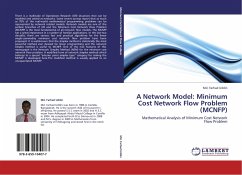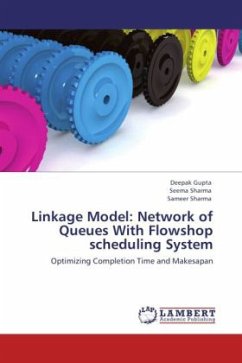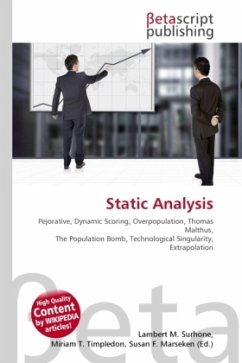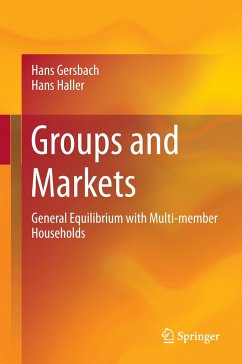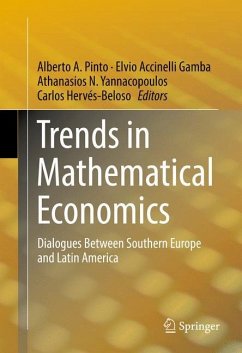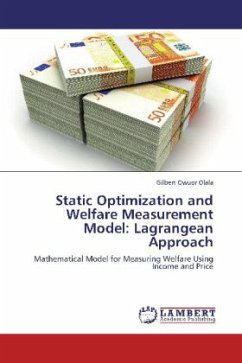
Static Optimization and Welfare Measurement Model: Lagrangean Approach
Mathematical Model for Measuring Welfare Using Income and Price
Versandkostenfrei!
Versandfertig in 6-10 Tagen
32,99 €
inkl. MwSt.

PAYBACK Punkte
16 °P sammeln!
Welfare state of the people has been an elusive term to measure over the years and as such giving it a near quantitative measure has not been adequately addressed. This book, therefore, presents Lagrangean methods in developing a theoretical welfare measurement model, which is used in measuring the welfare state of the people and setting up the right strategies for improving it. The results show that welfare measurement is dependent on the average society budgetary allocation and prices of the products utilized. Any variation on these parameters brings about a significant variation on the welf...
Welfare state of the people has been an elusive term to measure over the years and as such giving it a near quantitative measure has not been adequately addressed. This book, therefore, presents Lagrangean methods in developing a theoretical welfare measurement model, which is used in measuring the welfare state of the people and setting up the right strategies for improving it. The results show that welfare measurement is dependent on the average society budgetary allocation and prices of the products utilized. Any variation on these parameters brings about a significant variation on the welfare state of the people. The work is, therefore, important to individuals in making decisions about their welfare state, to the government in setting up strategies for improving the welfare state of its people, and to the trade unions in their continuous tussle with employers in trying to improve the welfare state of the workers.



